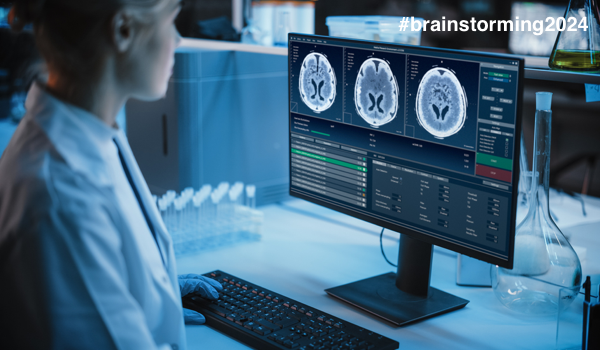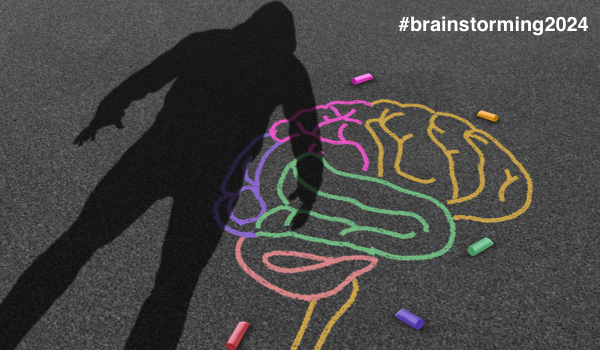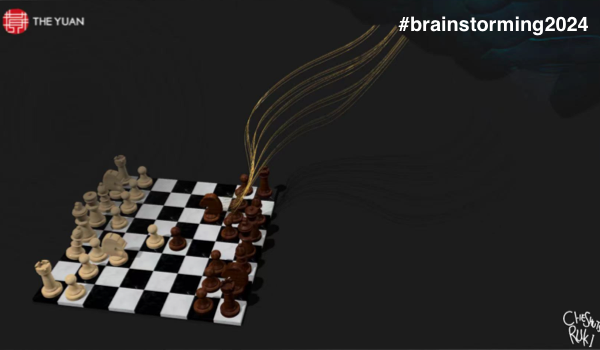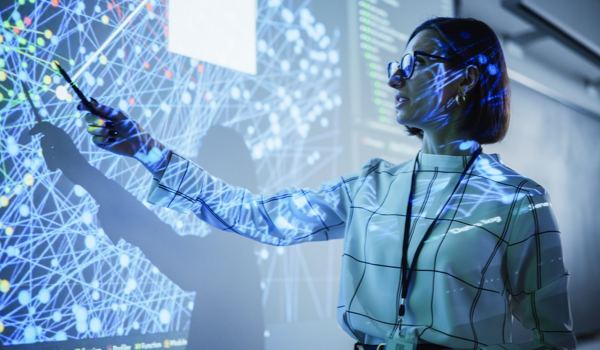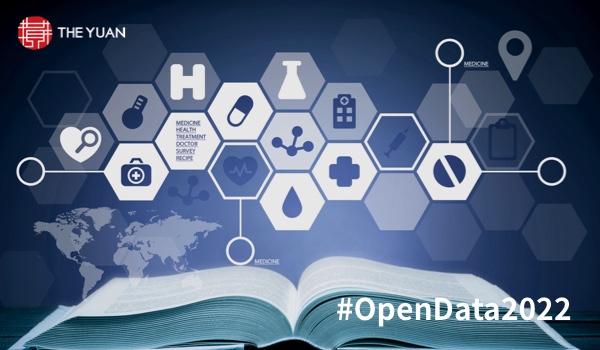

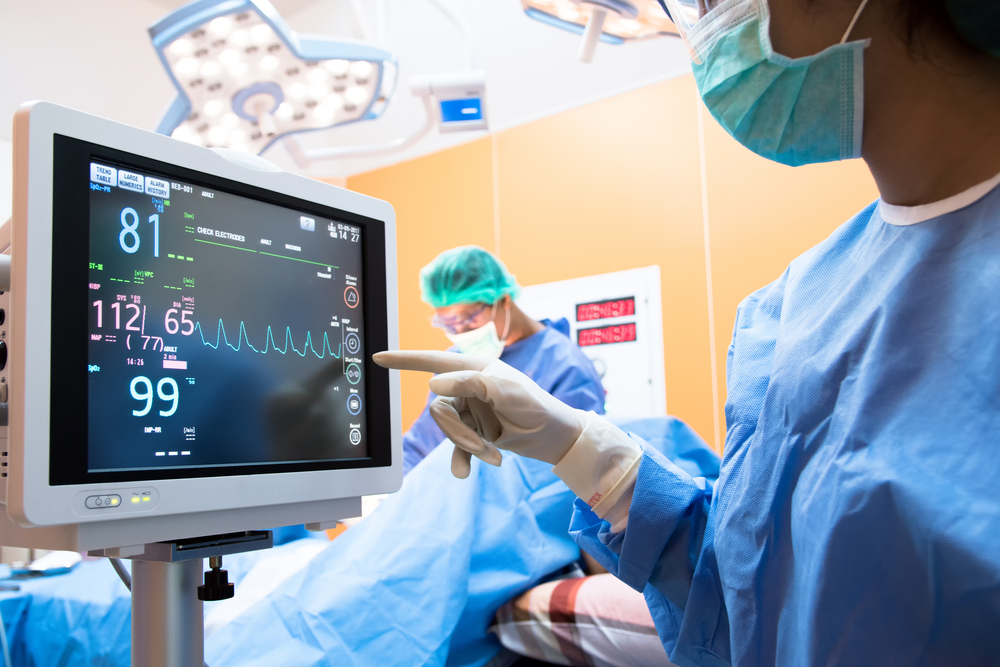
ROCHESTER, MINNESOTA - Healthcare is under great pressure to reduce costs, while improving quality. The challenge of burnout among physicians and other healthcare providers makes requiring them to ‘do more’ not a viable option. Instead, approaches that simultaneously improve productivity and patient satisfaction must be developed and quickly put into practice.
The common response is to ‘work smarter, not harder,’ with the implication that healthcare workers need to figure out how to improve the way they perform. Yet this is unrealistic and leads to non-standard care patterns. Intelligent Process Automation (IPA) is a way to have informatics systems help others do things ‘smarter.’
In other industries, the challenge of improving productivity has been met by applying technology. Robotics has had a major impact in automobile manufacturing and other heavy industry because robotic technology is good enough to assemble cars with high precision and quality, while demanding less human labor and risk to workers’ health. Life science companies have also adopted robotic technologies enabling much faster screening of chemicals and reducing human exposure to potential toxins.
Robotic process automation (RPA) implies the use of robots, but now more generally reflects the use of software agents known as ‘bots’ to perform individual steps in a process, much as one robot does not assemble a whole car, but rather, performs one step of the assembly. Adoption of robotic technology in medicine has been minimal, and robots have had their greatest impact in surgery, where they help execute various surgical procedures, particularly where high precision is required.
Artificial Intelligence (AI) has captured the imagination of many in healthcare, with the hope that a computer will perform better and cheaper than a human doctor. That has overshadowed the potential of more conventional
The content herein is subject to copyright by The Yuan. All rights reserved. The content of the services is owned or licensed to The Yuan. Such content from The Yuan may be shared and reprinted but must clearly identify The Yuan as its original source. Content from a third-party copyright holder identified in the copyright notice contained in such third party’s content appearing in The Yuan must likewise be clearly labeled as such. Continue with Linkedin
Continue with Linkedin
 Continue with Google
Continue with Google









 3741 views
3741 views
